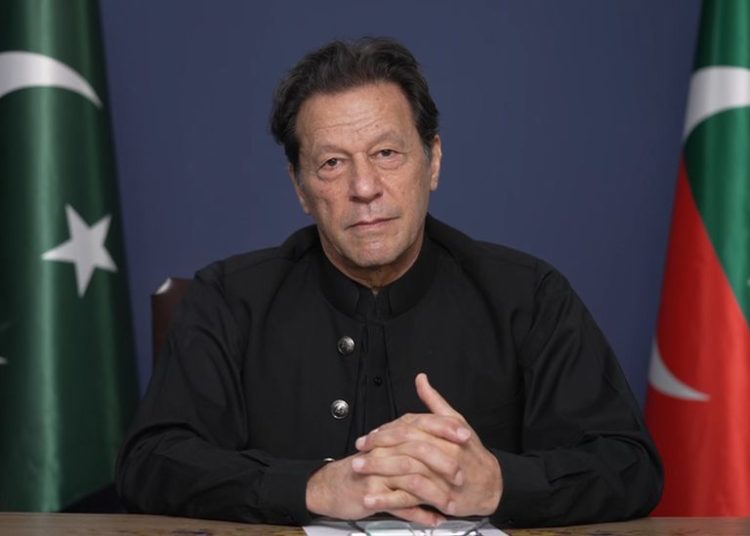Japanese Prime Minister Shigeru Ishiba emphasized the importance of fairness in ongoing trade negotiations with the United States, as discussions with President Donald Trump’s administration increasingly focus on currency policies and trade imbalances.
Speaking during a talk show on Japan’s public broadcaster NHK, Ishiba stressed that Japan is open to working with the U.S. but will stand firm on fair terms, especially as Washington presses Tokyo on issues like the value of the yen and alleged barriers in the Japanese auto market. The talks are drawing global attention as Trump pushes a tariff-heavy approach to global trade.
President Trump, who made a surprise appearance during the first round of the U.S.-Japan talks, said there had been “big progress,” and he has signaled that he wants currency manipulation added to the agenda — accusing Japan of intentionally keeping the yen weak to help its exporters.
Ishiba responded by saying that currency matters would be handled directly between Japan’s Finance Minister Katsunobu Kato and U.S. Treasury Secretary Scott Bessent. “We’ll address this based on fairness,” Ishiba said, when asked how Japan would react to U.S. demands to strengthen the yen — though he did not provide specifics.
Japan maintains that it does not manipulate its currency, although it did intervene in the foreign exchange market last year to support the yen, which had weakened significantly. Historically, Tokyo has tried to prevent a strong yen from hurting its export-driven economy.
Finance Minister Kato is expected to visit Washington this week for the Group of 20 (G20) finance chiefs’ meeting, which will run alongside the International Monetary Fund (IMF) spring session. He’s also expected to meet Bessent for further one-on-one trade discussions.
On the energy front, Ishiba suggested Japan is willing to increase imports of U.S. energy, particularly liquefied natural gas (LNG). “Right now, Australia is our top LNG supplier, with the U.S. in fourth place. That could change, but it depends on whether the U.S. can deliver reliably,” he noted.
While some analysts believe Japan could use its massive $1 trillion U.S. Treasury holdings as leverage in trade negotiations, Ishiba rejected this idea, emphasizing that such financial arrangements are built on mutual trust and global economic stability.
Tariffs are also a key sticking point in the talks. The U.S. has imposed a 24% tariff on Japanese goods, though it’s currently paused until early July. A flat 10% tariff remains in place, as well as a 25% duty on Japanese car imports — a major blow to Japan’s automobile industry.
In response to long-standing U.S. complaints that Japan’s safety regulations unfairly block American cars, Japan is reportedly considering easing some of those rules. However, Ishiba cautioned that road and traffic conditions differ significantly between the two countries, and any changes must still ensure safety. “We need to be sure our safety rules aren’t unfairly labeled as obstacles,” he said.
Looking ahead, Ishiba hinted at deeper economic cooperation with the U.S., including increased Japanese investment — especially in the American energy sector.
















